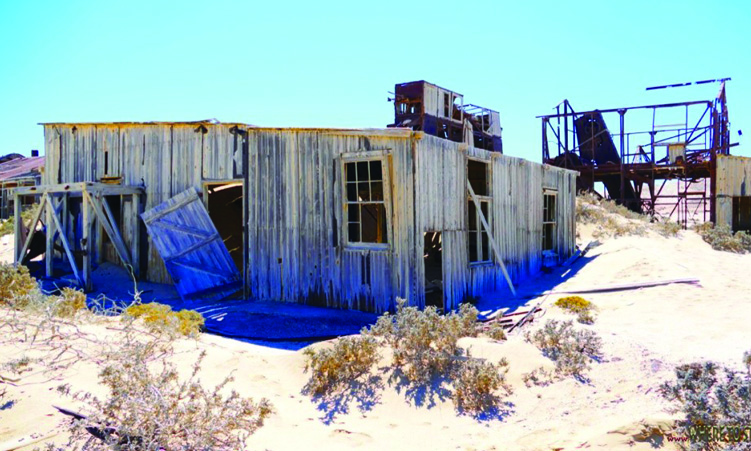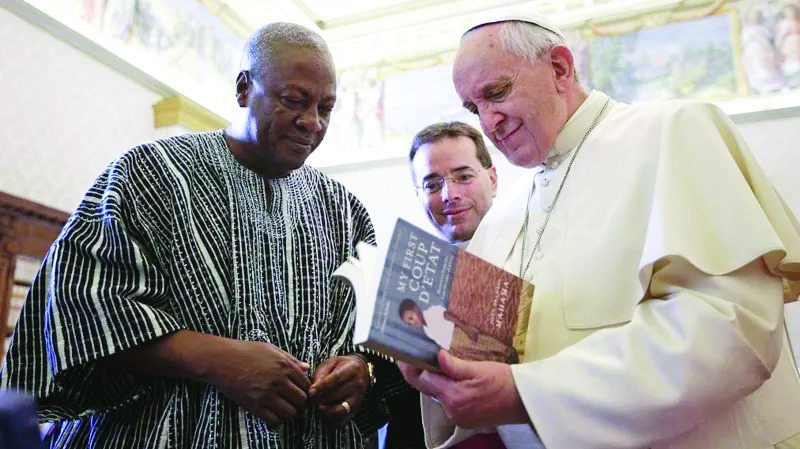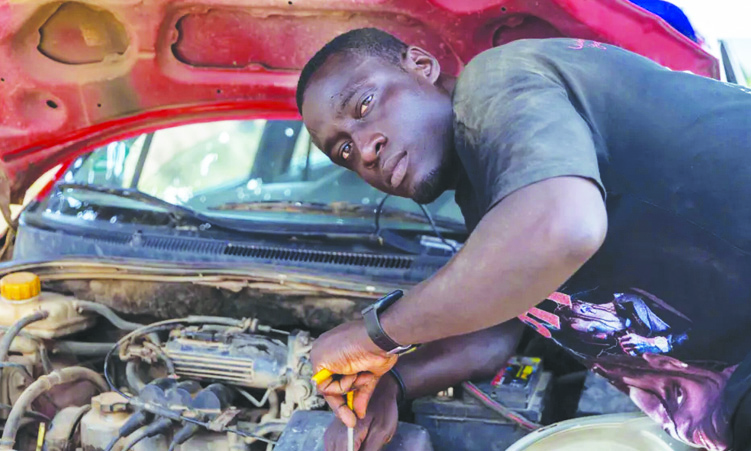WHEN Nelson Mandela appealed at the Steve Biko memorial lecture in 2005 for an RDP (Reconstruction and Development Programme) of the soul, he was bemoaning the loss of political morality in South Africa’s public discourse.
As a country, I am becoming increasingly convinced that before we speak of Mandela’s RDP of the soul, we need an RDP of the mind. I argue this way because one of the most salient shortcomings in our political life lies in our pervasive inability to place ourselves meaningfully in the context of globalisation and other world events.Part of the reason why we haven’t yet been able to place ourselves as a confident nation in this process has to do with the dominant frame of reference that we use in articulating our political discourse.In previous columns, notably in my discussions with the Swapo Youth League, I have on occasion posed the question as to whether we have escaped the state of Apartheid colonialism and the negativity that was symptomatic of that system.Certainly, it is very difficult to unchain ourselves from this traumatising history of negativity through a shift in the frame of reference.Frantz Fanon in his incendiary work ‘Black Skin, White Masks’ makes the case how the structures of colonialism led to the “scaring the black psyche”.As individuals who went through that experience, the “scaring of the black psyche” could manifest itself in different ways: from alienation from our traditions and ourselves, while others would seek to romanticise indigenous culture, Africa and the liberation movement instinctively and uncritically.Be that as it may, our country, in particular our youth is at an important threshold.As a category, the SPYL as a dominant player in our political discourse deserves special attention which must be placed in a certain sociological context.On the whole, there has been not much of a positive generational inheritance in terms of political values with regard to how we deal with each other as comrades and as Namibians at a micro-political level.But the passing generation is leaving notable macro-institutional successes for future generations.Thus, in its political conduct, the politically active youth should guard against a political culture that reproduces the logic of cruelty.Oftentimes, what is evident in the conduct of our political youth is that they act on emotions.Alas, emotions if they are badly channelled, have the inordinate consequence of us not rising to the challenge of visionary leadership and the well-informed decisions that should drive a successful nation.A case in point is the manner in which the Swapo youth league engages segments of the executive in a politically instrumentalised manner.Issues are not being dealt with in terms of their merits, but rather on the basis of political calculations and suspicions.These lazy analyses, which in most instances point to a lack of detail, are creating a situation where the SPYL starts to lack credibility, both in the eyes of senior leaders, and importantly those it should lead, the youth.Consequently, it risks not being taken seriously by both these sections.One crucial imperative that we can use is to reconceptualise our frame of reference, which in essence translates into the RDP of the mind.It would mean asking ourselves how we understand the past, importantly the present and the future.It would also mean reinventing innovative ways of deciphering the signs of the times we live in and not leave these to others.To do this would demand a quantum leap of faith and knowledge, as we have to pass critical judgment on our times and the politics of our country.It means passing judgment on those who deal with us (China, Russia or America), not on the basis of anti-colonial logic, but by placing our interactions with them in terms of our broader national development strategies.Tackling issues in a comprehensive manner and successfully would require the dominant political youth to abandon the tendency of dealing with these issues on an either-or basis.The RDP of the mind would also mean a holistic approach that allows for vulnerability by abandoning inherited liberation templates of seeing the world, and importantly our politics.There is a political generation that should live with the paranoia and the scars of imperialism because it owns that history.It is not the current youth.It should free itself of that past and express itself in manner that is politically creative and forward-looking.While it can take instructive lessons from the history of liberation, it can’t own that narrative.The new frame of reference that I argue here would mean that it should construct and invent a new historical narrative, its own history for an independent country.Hence, the insistence on the RDP of the mind.It is a process that would demand tons of books and critical thinking, and not the sword (force).* Alfredo Tjiurimo Hengari is a PhD fellow in political science at the University of Paris- Panthéon Sorbonne, France.I argue this way because one of the most salient shortcomings in our political life lies in our pervasive inability to place ourselves meaningfully in the context of globalisation and other world events.Part of the reason why we haven’t yet been able to place ourselves as a confident nation in this process has to do with the dominant frame of reference that we use in articulating our political discourse.In previous columns, notably in my discussions with the Swapo Youth League, I have on occasion posed the question as to whether we have escaped the state of Apartheid colonialism and the negativity that was symptomatic of that system.Certainly, it is very difficult to unchain ourselves from this traumatising history of negativity through a shift in the frame of reference.Frantz Fanon in his incendiary work ‘Black Skin, White Masks’ makes the case how the structures of colonialism led to the “scaring the black psyche”.As individuals who went through that experience, the “scaring of the black psyche” could manifest itself in different ways: from alienation from our traditions and ourselves, while others would seek to romanticise indigenous culture, Africa and the liberation movement instinctively and uncritically.Be that as it may, our country, in particular our youth is at an important threshold.As a category, the SPYL as a dominant player in our political discourse deserves special attention which must be placed in a certain sociological context.On the whole, there has been not much of a positive generational inheritance in terms of political values with regard to how we deal with each other as comrades and as Namibians at a micro-political level.But the passing generation is leaving notable macro-institutional successes for future generations.Thus, in its political conduct, the politically active youth should guard against a political culture that reproduces the logic of cruelty.Oftentimes, what is evident in the conduct of our political youth is that they act on emotions.Alas, emotions if they are badly channelled, have the inordinate consequence of us not rising to the challenge of visionary leadership and the well-informed decisions that should drive a successful nation.A case in point is the manner in which the Swapo youth league engages segments of the executive in a politically instrumentalised manner.Issues are not being dealt with in terms of their merits, but rather on the basis of political calculations and suspicions.These lazy analyses, which in most instances point to a lack of detail, are creating a situation where the SPYL starts to lack credibility, both in the eyes of senior leaders, and importantly those it should lead, the youth.Consequently, it risks not being taken seriously by both these sections.One crucial imperative that we can use is to reconceptualise our frame of reference, which in essence translates into the RDP of the mind.It would mean asking ourselves how we understand the past, importantly the present and the future.It would also mean reinventing innovative ways of deciphering the signs of the times we live in and not leave these to others.To do this would d
emand a quantum leap of faith and knowledge, as we have to pass critical judgment on our times and the politics of our country.It means passing judgment on those who deal with us (China, Russia or America), not on the basis of anti-colonial logic, but by placing our interactions with them in terms of our broader national development strategies.Tackling issues in a comprehensive manner and successfully would require the dominant political youth to abandon the tendency of dealing with these issues on an either-or basis.The RDP of the mind would also mean a holistic approach that allows for vulnerability by abandoning inherited liberation templates of seeing the world, and importantly our politics.There is a political generation that should live with the paranoia and the scars of imperialism because it owns that history.It is not the current youth.It should free itself of that past and express itself in manner that is politically creative and forward-looking.While it can take instructive lessons from the history of liberation, it can’t own that narrative.The new frame of reference that I argue here would mean that it should construct and invent a new historical narrative, its own history for an independent country.Hence, the insistence on the RDP of the mind.It is a process that would demand tons of books and critical thinking, and not the sword (force).* Alfredo Tjiurimo Hengari is a PhD fellow in political science at the University of Paris- Panthéon Sorbonne, France.
Stay informed with The Namibian – your source for credible journalism. Get in-depth reporting and opinions for
only N$85 a month. Invest in journalism, invest in democracy –
Subscribe Now!






